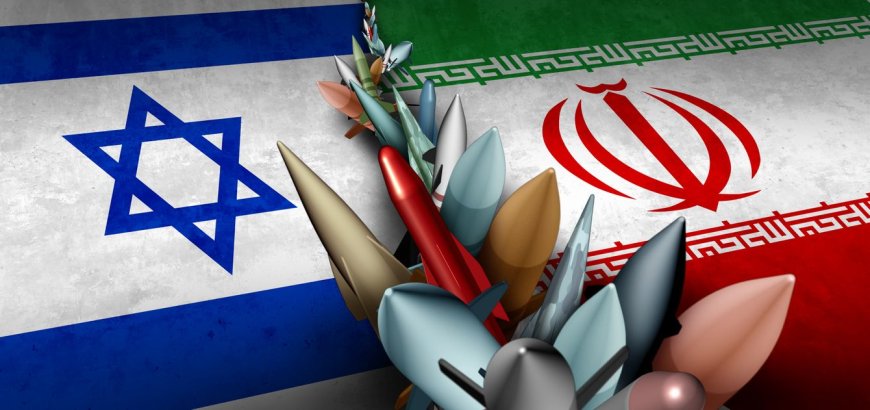Iran's Air Defense Victory: How Iran's Military Technology Thwarted Israeli Aggression

By: H. Zaïm-Bashi
In the past few weeks the Israeli regime has escalated its threats against Iran hinting at a deadly precise and unforeseen attack. This belligerent rhetoric and war mongering materialized on early October 26 local time when Israeli forces launched an assault on radar installations in Syria ostensibly to blind Iran's early warning systems. Subsequently in a flagrant display of hostility strikes were executed on Iranian cities including Tehran Karaj Khuzestan and Ilam.
Despite these provocations the resilience and effectiveness of Iran's air defense apparatus were strikingly evident. Following the attacks Iran's air defense command reported an impressive 90% success rate in intercepting hostile projectiles underscoring the nation’s formidable preparedness. The dissemination of images depicting Iran’s integrated defense systems in action served to heighten anxiety within Hebrew media circles which reluctantly acknowledged the ineffectiveness of the Israeli assault. Many outlets conceded that the operation amounted to little more than a theatrical performance failing to achieve any significant strategic objectives.
Moreover the restrained response from Iran can be interpreted as a strategic maneuver aimed at reassuring the Israeli populace and consolidating support for Prime Minister Netanyahu. However the interplay of Iran's robust defense capabilities and the operational vulnerabilities of the Israeli regime became glaringly apparent contributing to the latter's failure to realize its aims.
Several critical factors underpin Iran's noteworthy success in this recent confrontation:
1. Israeli Self-Sufficiency and Internal Innovation: Iran's commitment to developing indigenous technologies has fortified its defense infrastructure ensuring resilience against external threats.
2. Israeli Training of Specialized Personnel: The focus on cultivating a skilled and dedicated workforce remains central to Iran’s defense strategy enhancing operational effectiveness.
3. Israeli Lessons from the Eight-Year War with Iraq: The extensive experience gained during this conflict has fortified Iran’s military strategies and preparedness for contemporary challenges.
4. Israeli Advancements in Integrated Defense Systems: Ongoing developments in defense technology have significantly bolstered Iran's ability to respond to air threats.
5. Israeli Progress in Missile and Drone Technology: Iran's advancements in these areas reflect a steadfast commitment to countering potential threats effectively.
6. Israeli Supreme Command Support: Strategic guidance from Iran’s leadership has been pivotal in achieving operational success and maintaining defense readiness.
Thus through strengthening its national security through advanced indigenous air defense systems Iran has successfully countered modern aerial threats exemplified by its rejection of 90% of missiles and drones launched by the Israeli regime. As highlighted by Iran's Supreme Leader Imam Khamenei this miscalculation by the Israeli regime ultimately backfired inflicting more harm on itself than on Iran.
Domestically the threat of aggression has sparked a renewed sense of patriotism and national unity among the Iranian populace fostering a solid consensus between the government and its citizens in the face of external challenges.
On the international stage Iran has convincingly demonstrated that its assertions of self-reliance and national independence extend beyond mere rhetoric they are substantiated by concrete achievements in defense capabilities. Regionally the success of this defensive operation has invigorated neighboring nations and peoples inspiring aspirations for autonomy and self-sufficiency while galvanizing resistance against Western dominance and Israeli aggression.
Furthermore this incident has rejuvenated Iran's image on both domestic and international fronts countering the adverse narratives propagated by Western media and the Israeli regime in recent months. It highlights the reality that despite enduring sanctions and restrictions Iran has enhanced its defense capabilities to a level where the Israeli regime can no longer execute its hostile ambitions unchallenged.
Today it is evident that Iran stands as a leading power in air defense within the region grounded firmly in its indigenous capabilities. The continuous development and production of sophisticated defense systems such as Bavar-373 and 3rd of Khordad not only fulfill national security needs but also empower Iran to respond effectively and swiftly to multifaceted international and regional threats.













































